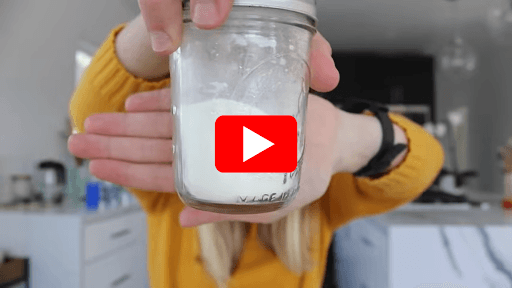Dave Feldman: Cardiovascular Inflammation is More Than Just LDL and Apo B
Dave Feldman, a revered name in nutrition science, takes us through the exciting progress in his research on low carb diets, particularly focusing on what's new with lean mass hyperresponders.
Feldman indicates that within the next couple of weeks, detailed findings from the recent match analysis will be published, shedding light on cardiovascular health in individuals with varying levels of adherence to low carb diets.
One of the major expectations from this study is the longitudinal data, which will illustrate how long-term adherence impacts health markers. The average participant in Feldman's study had been on a keto diet for approximately 4.7 years.
Reflecting on his prior work, Feldman highlights the shift towards more relaxed criteria for new studies, aiming to include a wider array of individuals, such as those not meeting the very specific current definitions.
- Future studies may admit participants with common risk factors like prior smoking history or variations in lipid levels, broadening the investigational focus.
- A significant next step would involve finding ways of including varied individuals to enhance the generalizability of low carb diet benefits.
Feldman discusses the difficulties encountered in classifying new study participants with different health profiles, comparing them with elite responders whose HDL and triglycerides checksum depict good population-level metabolic health.
Feldman argues the central conversation should emphasize metabolic health metrics.
"Metabolic health indicators are more telling of disease potential than just focusing on lipid trials."
Dave stresses the need for field advancements where metabolic health indicators get prioritized over flashy lipid numbers. Confirming it's necessary before deeming any biomarker as primarily compensatory to patient safety.
In addition to discussing his scientific pursuits, Feldman connects his work with technological initiatives, such as ‘Own Your Labs’, helping aggregate and democratize health data through citizen involvement.
A compelling angle brought forth by Feldman showcases how citizens participate in science by contributing anonymized data and enriching big data initiatives that pursue public health advancements.
This ability encourages broader public comprehension and analysis of nutrient impacts on personal health, while assisting Feldman's intangible paper pursuits.
"Working with back tests of citizen contributions enables progressive strength realignment of data analytic strategies."
From Around The Web
Wellness Inbox is a blog & weekly newsletter that curates trending news and products related to health and wellness from around the web. We also gather content from various sources, including leading health professionals, and deliver it directly to you.
Please note that we may receive compensation if you purchase any products featured in our newsletter. Wellness Inbox is not affiliated with, nor does it endorse, any health professionals whose content may appear in our newsletter. The information provided is for general informational purposes only and should not be considered medical advice.
The information provided is not intended to replace professional medical advice, diagnosis, or treatment. All content, including text, graphics, images, and information available is for general informational purposes only. We do not guarantee the accuracy or completeness of any information presented and assume no liability for any errors or omissions. The content is subject to change without notice. We encourage you to verify any information with other reliable sources and consult your physician regarding any medical conditions or treatments.







